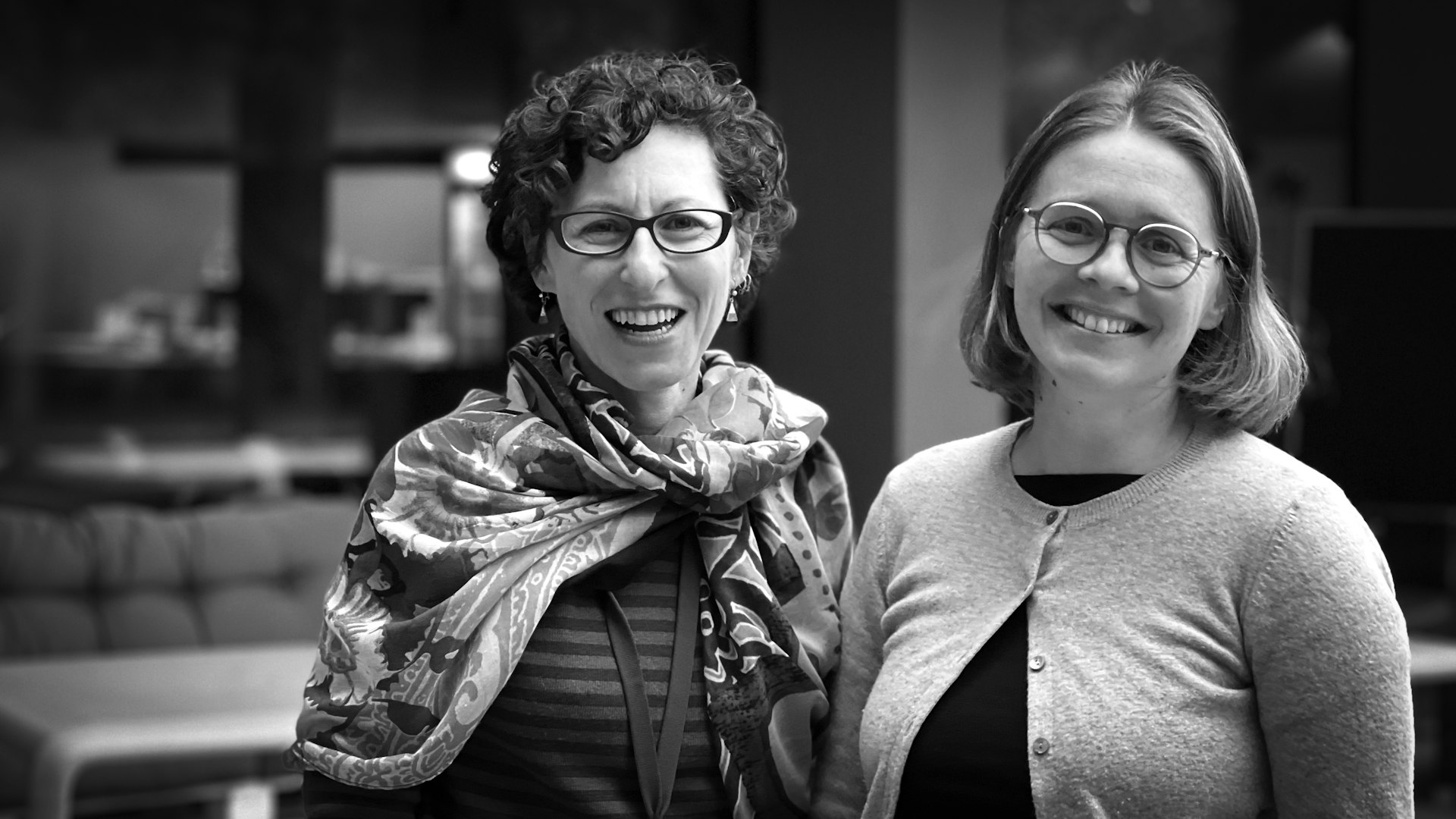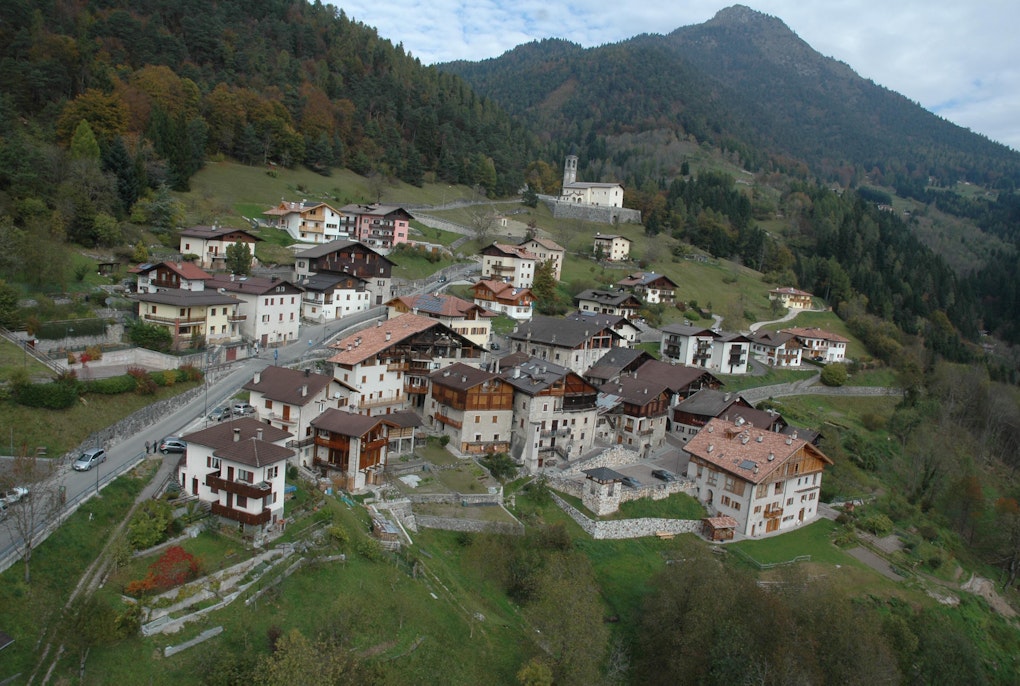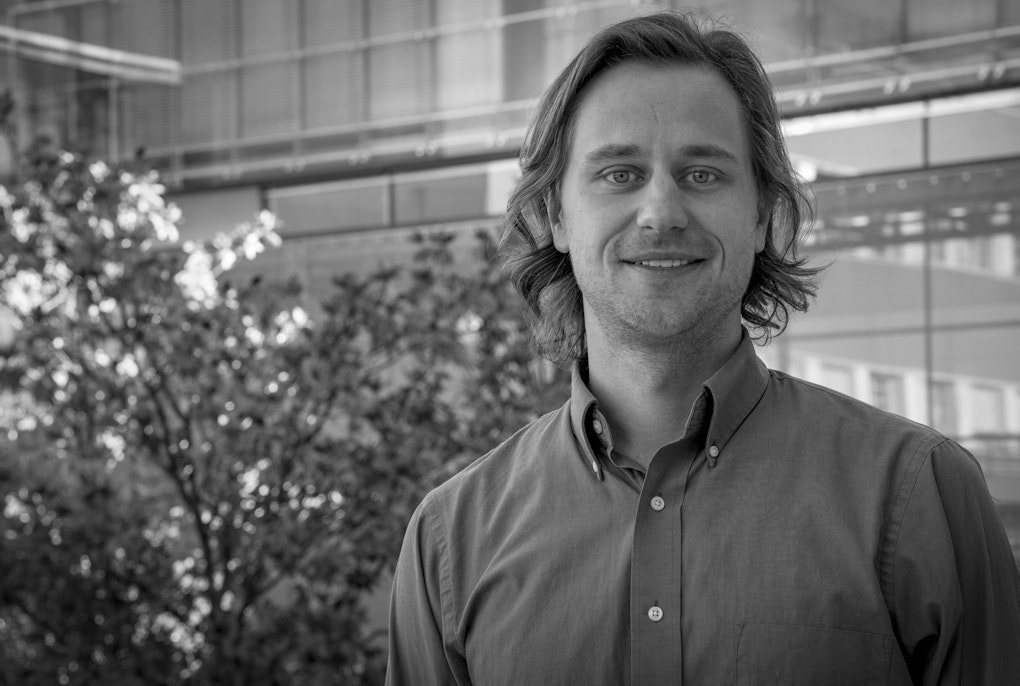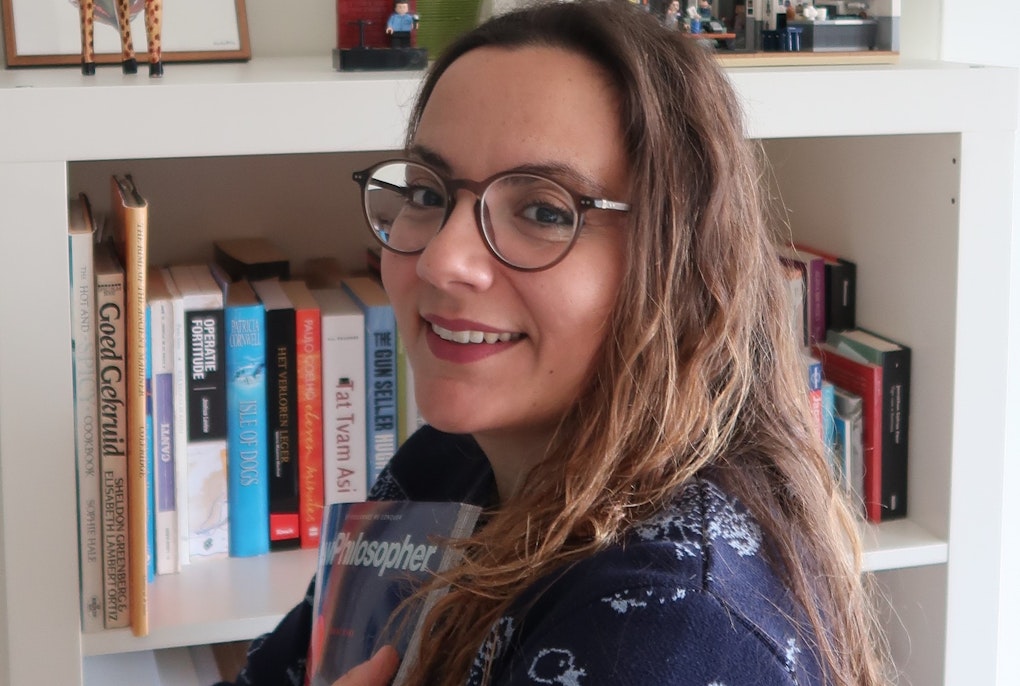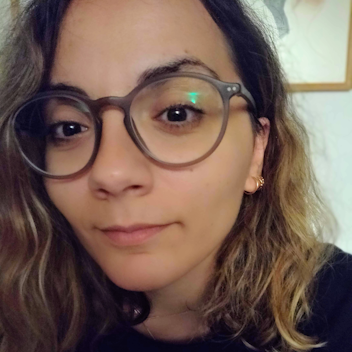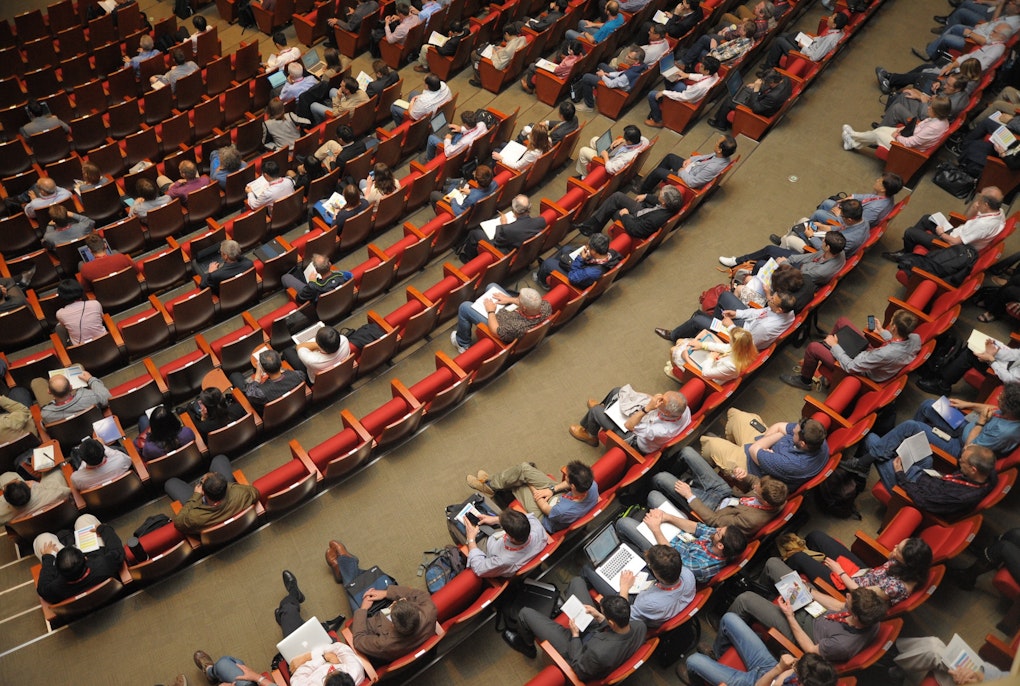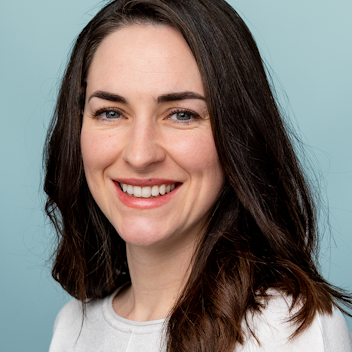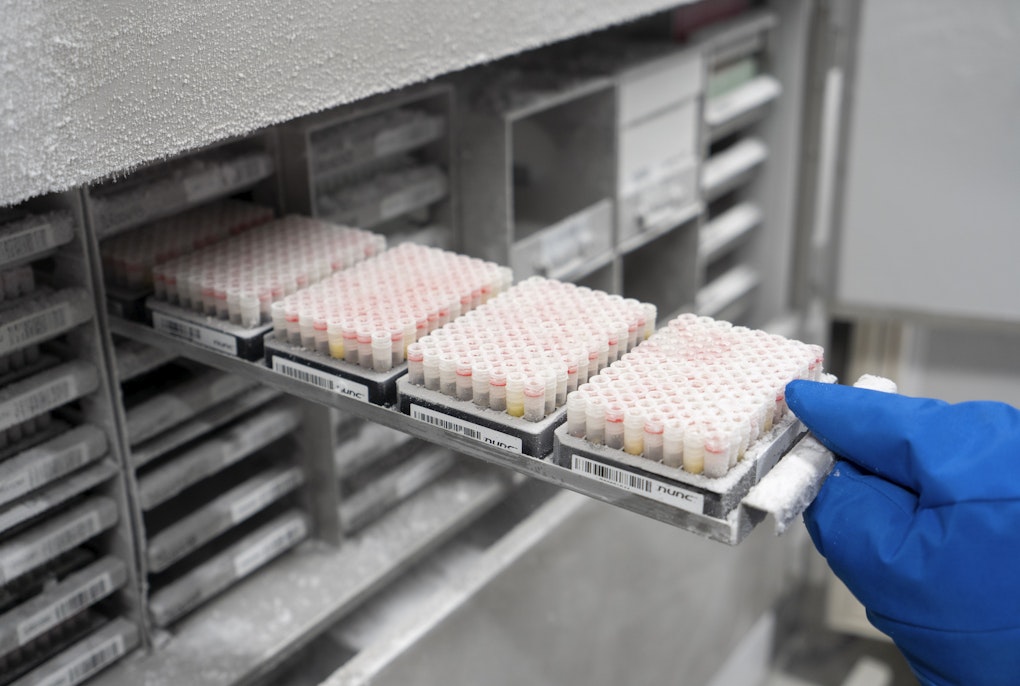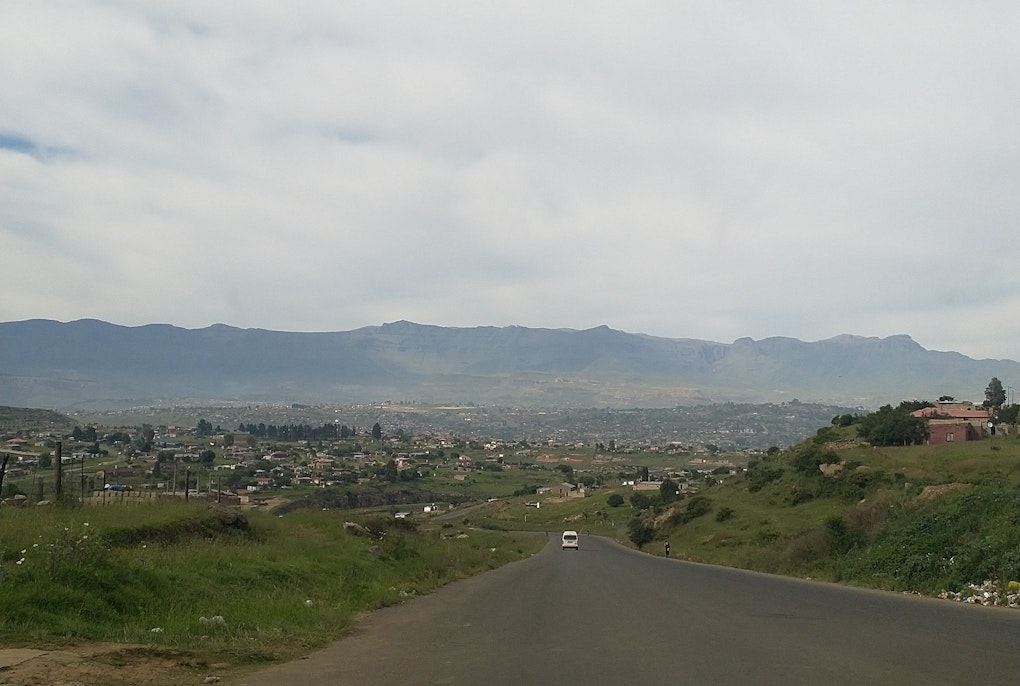For the second time, the Open Research Award is recognizing scientific work that contributes to making research more collaborative and transparent and links it more closely with society. Experts Maria Bellantone and Liise Lehtsalu explain what has been achieved so far, what tasks lie ahead –and why scientific articles should not be the only yardstick for evaluating research output.
Open Science has many aspects: Sharing data and disclosing methods are part of it, but so is the participation of society. Is there a generally accepted definition?
Maria Bellantone: No – there are various definitions. But they all contain the same central values. Cooperation is one of them – cooperation within disciplines, across disciplinary boundaries and that includes other knowledge systems, and engagement of stakeholders and laypeople. It’s no longer just about communicating results to them, it’s about involving people in the research process that leads to new knowledge. Inclusivity is therefore also an important value. Accessibility is another: if science is to be transparent, the methods and data must also be disclosed, not just the final result. This means that the methods, the protocols, the data, the code, the materials are also valuable outcomes of research, and they too should be accessible to everyone. Open science therefore goes far beyond the original concept of open access to scientific literature.
In relation to open science, there is sometimes talk of "revolution".
Liise Lehtsalu: Evolution is a more appropriate term. Science has always evolved. The move towards open science is not happening in a vacuum, but in the context of digitalization, in an increasingly networked world. Another important factor is that the amount of research data produced has increased enormously. The management of this data therefore poses new challenges for researchers; it needs to be more continuous, consistent and precisely planned. All of this requires a different approach, a new awareness.
"If we only evaluate the work of researchers according to their published articles, all their efforts will go towards publishing the next peer-reviewed article"
Liise Lehtsalu
Has this become widely accepted in the scientific community or are there still groups who harbour reservations?
Lehtsalu: I have the impression that we are slowly getting to the point where most researchers have heard of open science, recognize it and practice it as and when they can. While there were initially differences between disciplines and generations, recent studies have shown that this not necessarily the case anymore: nowadays many older researchers are as committed to open science as younger ones, and vice versa.
Bellantone: Research funders have also played an important role here, as many of them have endorsed and promoted open science. The European Commission has been very keen to anchor certain open science practices in its grants policy. So, anyone funded by its programmes inevitably has to adopt these practices. If there is anything that inhibits researchers, it is not a lack of willingness or scepticism, it’s the amount of work and time involved. For example managing research data and making them fit for being shared requires a lot of time and expertise.
Lehtsalu: This is where the important aspect of recognition comes into play. If we only evaluate the work of researchers according to their published articles and do not consider whether they curate data or involve society in their research, for example through citizen science projects that also take up an incredible amount of time, we cannot expect researchers to invest this time, all their efforts will go towards publishing the next peer-reviewed article. Again, open science – for all its values – does not exist in a vacuum.
Is that why Eurac Research created the Open Research Award?
Bellantone: Yes, we wish to reward researchers for their efforts to make their science more open. At the same time, it is an invitation for researchers to rethink their research cycle, to consider if open science practices were, or could be, incorporated. At European level, there is a major initiative to assess the performance of researchers more comprehensively by using parameters that are not just quantitative and based on publication metrics. It’s called CoAra which stands for the Coalition for Advancing Research Assessment. On a small scale, we too can take steps in this direction and in doing so, foster a cultural shift.
Lehtsalu: As far as this cultural change is concerned, there is another important component: By asking researchers to reflect on their research process, we often help them to become aware that they are using open science practices in the first place.
"More than 70 percent of Eurac Research´s peer reviewed papers were open access in 2022"
Maria Bellantone
The Open Research Award is a nice opportunity to let our researchers shine. But it is not the only way for Eurac Research to support open science. What other activities are going on?
Bellantone: We have had an open access policy since 2019. One of the measures of its success is that more than 70 percent of Eurac Research´s peer reviewed papers were open access in 2022. Since 2021 Eurac also has an Open Access fund for Eurac researchers who don´t have alternative sources of funding for their publications, including for their books. Another important element of the policy is the Bolzano Institutional Archive (BIA), our online archive, which exposes not only scientific articles and books, but also other works such as scientific project reports, for which BIA is both a publishing and a distribution platform where these contents can be open and findable, thanks to a state-of-the-art digital repository.
Lehtsalu: A culture has really developed here. It can also be seen, for example, in the fact that Eurac Research is a member of the Italian Reproducibility Network, which aims to increase the trustworthiness and transparency of scientific research – and the initiative for this did not come from Research Support, but from the scientists themselves. The second open science strategy that we have just developed, our "Research Data and Source Code Management Policy", also builds on this culture. Based on the conviction that research data and research software are valuable outcomes of our work, The Research Data and Source Code Management Policy aims to ensure that data and source code are managed in line with international best practice. The policy was developed over the past two years in close consultation with all of our institutes and centers. But now the difficult part begins: implementation.
What does that mean?
Lehtsalu: Researchers are not data managers or data stewards. They are researchers, and and that's why they often not only need guidance, but also active support.
Meaning that we need to create a support system that makes the goal of FAIR data a reality. FAIR data standards refer to making data findable, accessible, interoperable and reusable. For example, we need FAIR repositories for data. So far, we have two such in-house repositories, but they are discipline-specific: the Environmental Data Portal and the Eurac Research CLARIN Center for language data. And the CHRIS Biobank is also in line with FAIR principles.
But there is still a lot of work ahead of us. We need experts to help transform raw data into a structured dataset with good metadata and store it in interoperable formats in these repositories, where the data can then be found, retrieved, and used again and again in the future.
Which is also in the interests of sustainability?
Bellantone: Of course. If data collected at great expense is made available to other researchers for further use and reuse, this saves resources. The problem of research waste could be addressed, mitigated and ultimately overcome.
Lehtsalu: At the beginning, we talked about the values that form the core of open science: Sustainability is also one of them. Research data is also one of the ten priorities in the Eurac Research Sustainability Plan.
About the Interviewed
Maria Bellantone is a chemist with a PhD in materials science. She studied and worked in Italy, the UK and the Netherlands. After working in science publishing as editor and publisher of journals and books, she moved to Bolzano, where she works in the Research Development Office at Eurac Research.
Liise Lehtsalu is a historian with a PhD in early modern women’s history. Since 2015 she has worked in the Research Support Office, where her main focus is on supporting Open Science and reproducible and responsible research. Research Support Office.
The Open Research Award
The Open Research Award recognizes the achievements of researchers who actively engage in making research more collaborative and equitable and improve knowledge sharing and dissemination.
The winners of the 2023 edition of the Open Research Award are:
Vital Mountains
Team: Federica Maino, Federica Benatti, Renzo Provedel.
The "Vital Mountains" project involved the entire community of Tre Ville, a municipality of 1,374 inhabitants in western Trentino, in elaborating a local development plan. The research team worked with citizens, administrators, and economic operators to make the community an active player in its own development and provide it with the tools to enhance its potential, values and identity. Sarahanne Field, from Leiden University and a member of the jury, comments: "The project follows the principles of responsibility, respect and accountability characterized by a strong emphasis on collaboration, participation and inclusion."
The Eurac Research biobank
Team: Alessandro De Gandi + Institute for Biomedicine.
Biological samples and data from the CHRIS study conducted by the Institute for Biomedicine in the Vinschgau Valley are stored in an open-source biobank at the Bolzano hospital. Anyone can request access to the data by submitting a research project. The data in the biobank are also available to the local health system, which can draw information from them to implement health policies. For further information read the article So, what’s a biobank actually for? - Eurac Research Barbara Heinisch of the University of Vienna and a member of the jury says: "The data collected in the database allow for transparency and reproducibility. The careful handling of the data of the study participants demonstrates the responsibility of the researchers." Read more.
Alpine Drought Observatory
Team: Peter Zellner, Mohammad Alasawedah, Michele Claus, Bartolomeo Ventura, Alexander Jacob (Institute for Earth Observation), Thomas Iacopino (Communication), Luca Cattani (ICT), Andrea Vianello (Center for Sensing Solutions), Giacomo Bertoldi (Institute for Alpine Environment).
The Alpine Drought Observatory is an online tool that provides an overview of drought in the Alpine region through maps and graphs. It includes satellite, meteorological and hydrological data and tracks its progress over time. Data from all Alpine countries are harmonized and optimized in high resolutions. Barbara Heinisch says: "The Observatory is clearly focused on open infrastructure, data and code. The platform ensures a collective benefit for researchers and other stakeholders, including the public. It enables interdisciplinary reuse of data and its sustainable preservation." Peter Zellner on open science: https://www.eurac.edu/en/magazine/together-in-the-cloud
